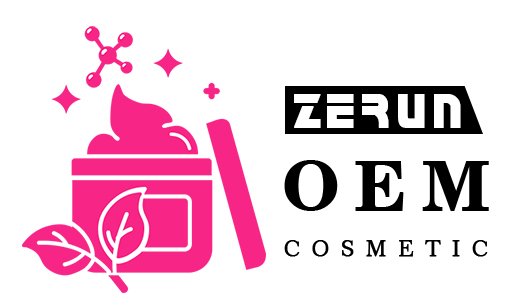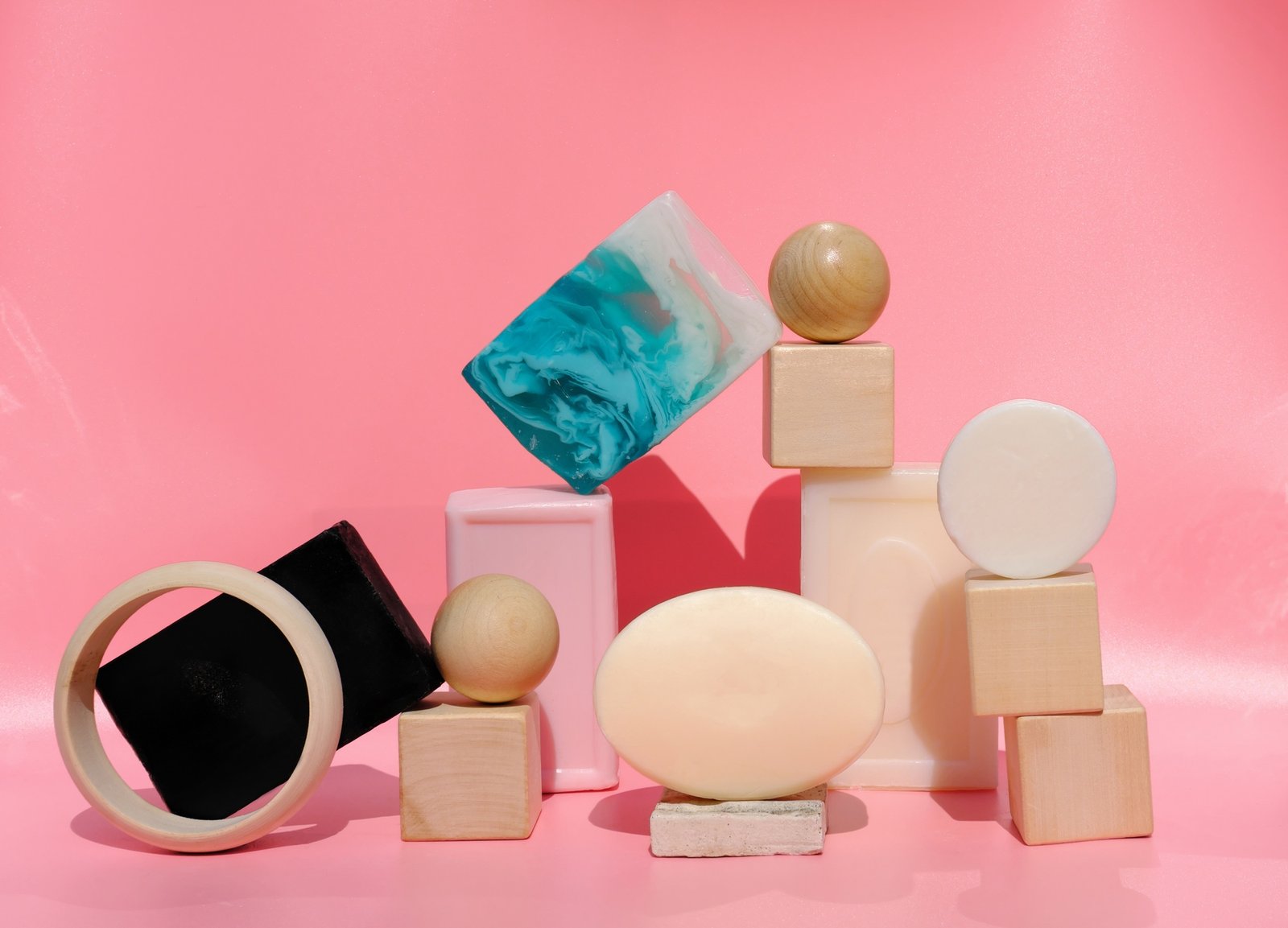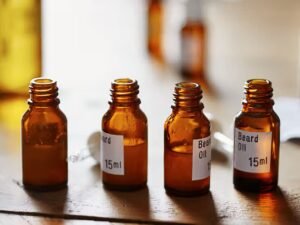Soap making isn’t just an ancient craft—it’s a thriving modern business. With the rise of natural, organic, and artisanal soaps, starting a soap business can be a profitable venture. But before diving into production, you need to understand the key steps, costs, and strategies that will make your soap business stand out in a competitive market. This expert guide will walk you through everything you need to know, from choosing the right products to navigating the legal requirements, all while helping you build a brand that resonates with consumers.
Starting a soap business offers high profit potential, especially with the rise in demand for natural, organic, and unique soaps. Understanding the production process, pricing, licensing, and branding is essential for success. With the right approach, soap making can be a rewarding business opportunity.
The soap industry is booming, with consumers becoming increasingly interested in natural, organic, and sustainable products. Whether you’re interested in creating luxurious handcrafted soaps or producing functional, everyday products, there’s an opportunity for success. But starting a soap business requires careful planning, investment, and an understanding of market trends. From selecting the right products and ingredients to navigating the legal and regulatory requirements, here’s your step-by-step guide to starting a soap business.
What You Need to Know Before Starting a Soap Business
Before launching your soap business, it’s crucial to understand what you’re getting into. Soap-making can be profitable, but it requires planning, market research, and the right product offering to stand out in a competitive market.
Market research is the first step to starting a soap business. Understand the industry trends, target audience, and the competition. Identify your niche, whether it’s organic soaps, luxury products, or eco-friendly options, and tailor your offerings accordingly.
- Market Research: The first step in any business is understanding the market. In 2023, the global soap market size was valued at $23.3 billion and is projected to grow at a CAGR of 5.5% from 2023 to 2030. To capitalize on this growth, you’ll need to identify which segment of the market you’re targeting—whether it’s organic soaps, luxury bath products, or functional soaps for specific needs (e.g., anti-bacterial soaps).
- Target Audience: Knowing who you’re selling to is key. Organic soaps are growing in popularity, with the global organic personal care market expected to reach $25.1 billion by 2025. On the other hand, luxury soaps may appeal to a high-income demographic. Market research tools like surveys and competitor analysis can help you fine-tune your customer personas.
- Competition: The soap market is highly competitive, with major brands like Dove, Lush, and smaller artisanal soap companies competing for consumers’ attention. Finding your niche and differentiating yourself from the competition is crucial. Offering unique scents, using rare ingredients, or focusing on sustainability can help set you apart.
How to Choose the Right Soap Products for Your Business?
The success of your soap business depends largely on the products you offer. Understanding which types of soap are in demand and which products fit your business goals will make a huge difference in your success.
Choose the right type of soap for your target market—whether bar soap, liquid soap, or luxury bath products. Consider trends like organic ingredients and sustainability. Choosing a niche that aligns with consumer preferences will give your brand a competitive edge.
- Bar Soap vs Liquid Soap: Bar soap remains one of the most traditional and affordable soap products, often favored for its eco-friendly appeal. Liquid soap, however, is highly convenient, especially for hand soaps and body washes. In the U.S., the liquid soap market has grown by 5.2% annually, compared to a slower 1.9% growth for bar soap.
- Organic and Natural Ingredients: Natural and organic soaps are in high demand, especially those made with ingredients like shea butter, coconut oil, and essential oils. The global organic skincare market is expected to grow from $14.5 billion in 2019 to $22 billion by 2025. If you can source high-quality, certified organic ingredients, this could be a key differentiator for your brand.
- Luxury vs. Everyday Soap: The luxury soap market is also expanding, with consumers willing to spend more on high-quality, artisanal products. The average price of a luxury bar soap can range from $10 to $50, while everyday soaps typically cost between $2 and $5. Offering a combination of luxury and everyday options can broaden your market reach.
What Ingredients Are Essential for Soap Manufacturing?
The quality of your soap depends on the ingredients you use. From oils to fragrances, each component plays a crucial role in determining the texture, scent, and overall appeal of the soap.
Key ingredients in soap making include oils (like olive oil and coconut oil), lye, fragrances, and additives. The quality of these ingredients directly affects the final product, so sourcing the best materials will ensure your soap stands out in the market.
- Oils and Butters: The oils you use determine the soap’s lather, texture, and moisturizing properties. Olive oil is known for its gentle, hydrating properties, while coconut oil creates a strong lather. Shea butter and cocoa butter add extra moisturizing power, making your soap ideal for dry skin.
- Lye: Lye, or sodium hydroxide, is necessary for saponification, the chemical process that turns oils into soap. However, it is caustic and must be handled carefully. The right balance of lye and oils will ensure that the soap is properly formed and safe to use.
- Fragrances and Essential Oils: Using high-quality essential oils for fragrance can differentiate your soap. Lavender, eucalyptus, and rose are some of the most popular essential oils, but using unique blends can set your brand apart. It’s important to source skin-safe oils and ensure that fragrances don’t irritate sensitive skin.
How to Set Up Your Soap Production Process?
Setting up a soap production facility, whether small or large-scale, requires the right equipment, space, and organization. Proper planning at this stage will save you time and money in the long run.
To set up your soap production process, you’ll need to invest in equipment, find the right space, and develop efficient workflows. Whether you’re starting small or planning for large-scale production, it’s important to ensure consistency and quality.
- Small-Scale Production: Initially, you may want to produce soap in small batches. This requires basic equipment like soap molds, mixing tools, and a curing area. The startup cost for a small-scale soap business typically ranges from $500 to $2,000, depending on the equipment.
- Scaling Up: As demand grows, you’ll need to scale up your production process. Larger mixers, automated molds, and specialized curing racks will be necessary. Scaling up your business will also require more space for production and storage, which can significantly increase overhead costs.
- Regulatory Compliance: If you plan to sell soaps in the U.S., you must comply with FDA regulations. The FDA doesn’t regulate soap as a drug but requires that the product be properly labeled with ingredients and any allergens. Ensure your production process is sanitary and follows local health codes.
How to Brand and Market Your Soap Business?
Branding and marketing are essential for differentiating your soap business in a crowded marketplace. A unique brand identity and an effective marketing strategy will help you attract customers and build brand loyalty.
Brand your soap business around a unique selling proposition, whether it’s luxury, sustainability, or organic ingredients. Utilize online marketing, including social media and SEO, to reach your audience. Well-designed packaging and a compelling story will help engage customers.
- Creating Your Brand Identity: Your brand identity is the foundation of your soap business. Are you emphasizing eco-friendly, organic, and sustainable values? Or are you focusing on luxury and indulgence? A strong, clear message will help you connect with your target market.
- Marketing Strategies: Online marketing is crucial for a soap business. Build an e-commerce website that’s easy to navigate and mobile-friendly. Use social media platforms like Instagram and Pinterest to showcase beautiful soap images. The soap industry is visual, and engaging content can drive customer interest.
- Packaging and Presentation: Packaging plays a key role in branding. Eco-friendly, sustainable packaging is becoming more important to consumers. Investing in quality design can elevate your brand and increase perceived value, especially if you are targeting the luxury market.
What Are the Legal and Regulatory Requirements for Starting a Soap Business?
Navigating the legal and regulatory requirements is essential to running a soap business legally and ensuring product safety. These include obtaining licenses, following labeling guidelines, and meeting health standards.
You’ll need the proper licenses and insurance to sell soap legally. Ensure your product complies with labeling regulations, including ingredient disclosure. Insurance is also necessary to protect your business against potential liabilities like product recalls.
- Licensing: Depending on where you operate, you may need a business license. Some states also require a health permit or food establishment license if you’re producing soap in larger quantities. Make sure to check your local and state regulations before starting.
- Labeling Requirements: The FDA does not regulate soap as a drug, but your soap must meet specific labeling requirements. For example, all ingredients must be listed clearly, and claims such as "moisturizing" must be substantiated. Proper labeling helps avoid fines and lawsuits.
- Insurance: Soap-making insurance is essential to protect your business against product liability claims or accidents in the production process. Expect to pay around $300 to $500 annually for general liability insurance, depending on the size of your business.
How to Price Your Soap Products and Set a Profitable Business Model?
Price your soap products by calculating production costs, considering competitor prices, and factoring in a reasonable profit margin. The average profit margin for soap-making businesses ranges from 50% to 70%, depending on your costs and product type.
- Cost of Production: Calculate your per-unit costs, which include the cost of raw materials, packaging, labor, and overhead. For example, bar soap might cost $2 to $5 per unit to make, while luxury soaps could cost $10 or more per unit.
- Setting a Profit Margin: The typical profit margin for soap businesses is around 50%-70%. However, you may need to lower your margin for bulk products or promotional sales. To maximize profits, focus on high-quality, premium products with a higher markup.
- Competitor Pricing: It’s important to research what other soap brands charge. Prices for artisanal soap typically range from $5 to $15 for a bar, while organic and luxury soaps may go for $20 or more. Position your product in line with its perceived value to the consumer.
Which Distribution Channels Should You Use to Sell Your Soap?
The best way to sell your soap depends on your target market. Online platforms like Etsy and Shopify are great for niche markets, while retail stores and local markets can help you reach a broader audience. Both options can be profitable.
- Online Sales: Platforms like Etsy, Amazon Handmade, and Shopify are perfect for artisanal and organic soap businesses. These platforms give you access to a broad audience, and online marketing strategies like social media and email newsletters can help you drive traffic to your store.
- Retail and Wholesale: Selling through local retailers or boutiques allows you to reach customers who prefer to buy in-person. Wholesale is another option, where you can sell in bulk to stores or spas. However, wholesale margins are typically lower, so it’s important to factor this into your pricing.
Conclusion
Starting a soap business requires dedication, research, and creativity. From sourcing ingredients to setting up production, branding, and navigating regulations, there’s a lot to consider. But with the right planning and knowledge, the soap business can be incredibly rewarding. Whether you choose to focus on luxury, organic, or everyday soaps, your brand can stand out in a growing and lucrative market.
If you’re ready to start your soap-making journey, Zerun cosmetic can help. We offer custom soap manufacturing, quality ingredients, and flexible production capabilities to meet your brand’s needs. Get in touch today for a free design consultation and start creating your signature soap line!





